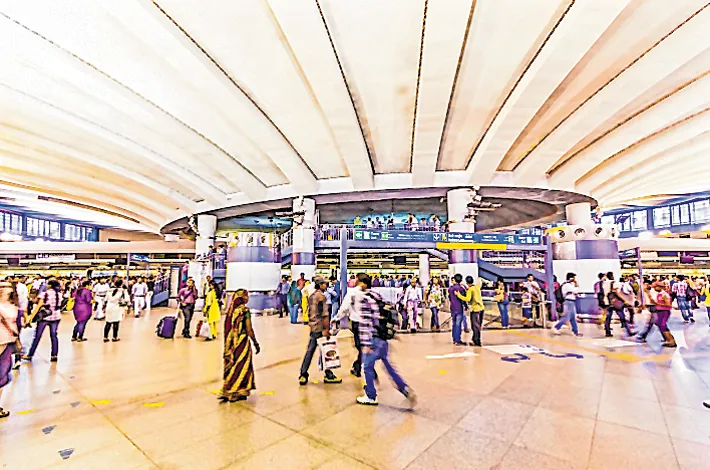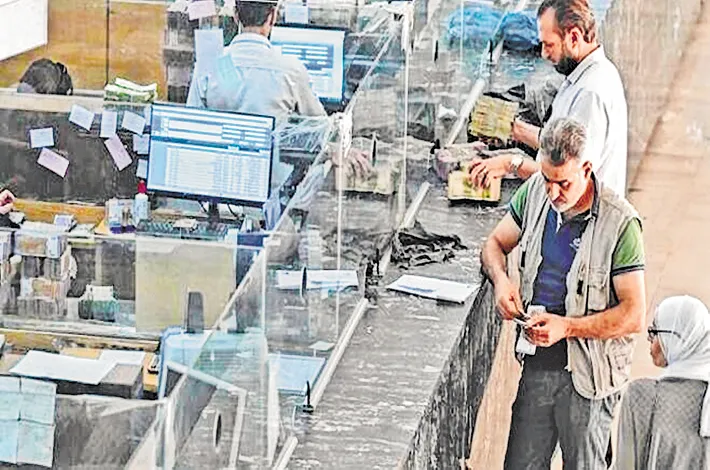India is world’s second largest travel titan
16-05-2025 12:00:00 AM

Palazhi Ashok Kumar mumbai
India is the world's second largest travel titan, and China retains its position as the world’s largest outbound travel market, a report released by the annual Mastercard Economics Institute (MEI) on consumer spending in the travel economy revealed on Thursday. “Today, Indians are becoming the fastest growing outbound travellers globally, and will overtake China in the immediate future,” chairperson of a leading Indian hospitality conglomerate, said.
“India posted the country’s highest number of outbound travellers on record in 2024, Indian tourists are exploring a broad mix of destinations—the top three being Abu Dhabi, Hanoi, and Bali—with growth supported by expanded direct flight connections and a rapidly growing middle class that is eager to travel. Together, the two markets continue to play an outsized role in shaping global travel flows,” said a senior Mastercard official.
On exchange rate fluctuations, MEI said tourists from India, Singapore, South Korea, and Taiwan are particularly sensitive to exchange rate fluctuations, after accounting for other factors. Specifically, a 1% depreciation of the USD against their local currencies corresponds to an approximate 0.6–0.8% increase in the number of tourists traveling to the US.
These findings, consistent with our earlier analysis of tourism to Japan, suggest that these travelers are more responsive to exchange rate movements when selecting outbound destinations. Corporates today are limiting global travel in favor of regional trips. And while people are taking fewer business trips overall, the average duration is longer, suggesting efforts to stretch travel budgets. For example, US-based travelers’ trips to Asia-Pacific increased from 8.8 days to 10.2 days.
David Mann, chief economist, Asia Pacific, Mastercard, said: “The Asia-Pacific region continues to set the pace for global travel, with buzzing destinations like Tokyo, Shanghai, Seoul, and Singapore capturing the imagination of travelers around the world. Even as economic uncertainty persists, travel remains a bright spot—driven by people seeking meaningful, value-driven experiences. From exchange rates to regional accessibility, travelers are making smarter, more intentional choices about where they go and why, with a clear shift toward more personal, purposeful journeys.”








